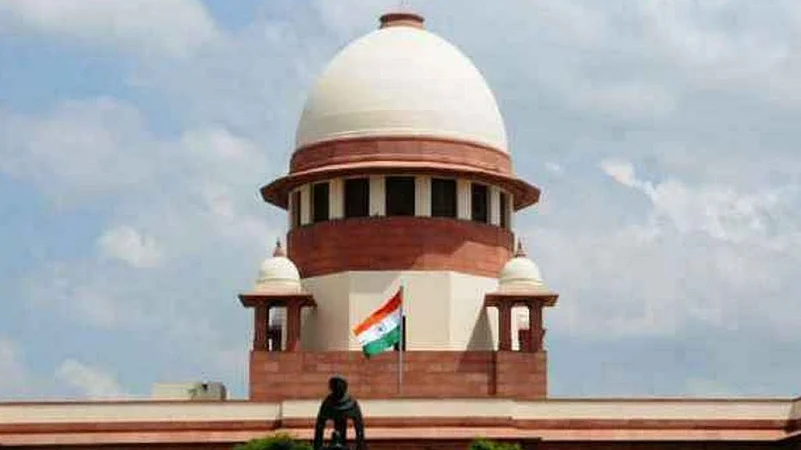The municipal or planning authorities cannot be compelled to acquire non-suitable land and compelling such a body would lead to “colourable and fraudulent exercise” of power and cause a financial burden on public exchequer, the Supreme Court said on Monday. The apex court’s observations came in a verdict by which it set aside a 2018 Bombay High Court verdict asking the Kolhapur Municipal Corporation (KMC) to proceed with its proceedings to acquire over three hectares of land, reserved in the sanctioned development plan for public purposes including, “parking, garden, the extension of sewage treatment plant” despite the KMC terming the plots unsuitable.
A bench of justices M R Shah and B V Nagarathna, in the 49-page judgement, referred to the provisions pertaining to land acquisition and said, “if the land, reserved under a draft Development Plan, is not acquired within a period of 10 years from the date of final Development Plan and thereafter after the expiry of 10 years, the landowners serve a purchase notice and thereafter within a period of one year, no steps are taken to acquire the land, the reservation/allocation is deemed to have lapsed and the land stand released from such reservation/allocation.”
The apex court dealt with the question of whether the high court can issue a writ directing a civic body to acquire the land, reserved for a particular purpose, and to pay the compensation to the landowners despite the fact that the reservation is deemed to have lapsed in view of the statutory provisions. The top court was critical of the high court order and said that in the facts and circumstances of the case, the KMC, which has an annual budget of Rs 21 crore, should not have been asked to acquire the land and pay over Rs 77 crore compensation to the landowners.
“No Corporation and/or the Planning Authority and/or the Appropriate Authority can be compelled to acquire the land which according to the Corporation/Planning Authority is not suitable and/or usable for the purposes for which it is reserved. Any other interpretation would lead to colourable and fraudulent exercise of power and cause a financial burden on the public exchequer,” said the judgement penned by Justice Shah.
Even otherwise, in the facts and circumstances of the case, the high court erred in directing the KMC to acquire the land and pay compensation under the 2013 law on land acquisition despite the plea of the civic body that the land was not suitable due to recurring flood. “In that view of the matter, the High Court ought not to have directed the Corporation to still acquire the land and pay the compensation to the original landowners though the land in question is unsuitable and unusable for the public purposes for which it has been reserved,” it said.
There was a valid reason for the corporation not to go ahead with the acquisition as under the 2013 Act, the KMC was required to pay a huge sum of Rs 77.65 crore as compensation. “According to the Corporation, when the entire annual budget for the acquisition was Rs.21 crores, it was beyond their financial position and/or budgetary provision to pay such a huge compensation, that too, for the land which is not suitable and/or useable for the purposes for which it has been reserved,” it noted in the order. The verdict came on a batch of pleas filed by the civic body against the high court verdict.
With PTI Inputs


























